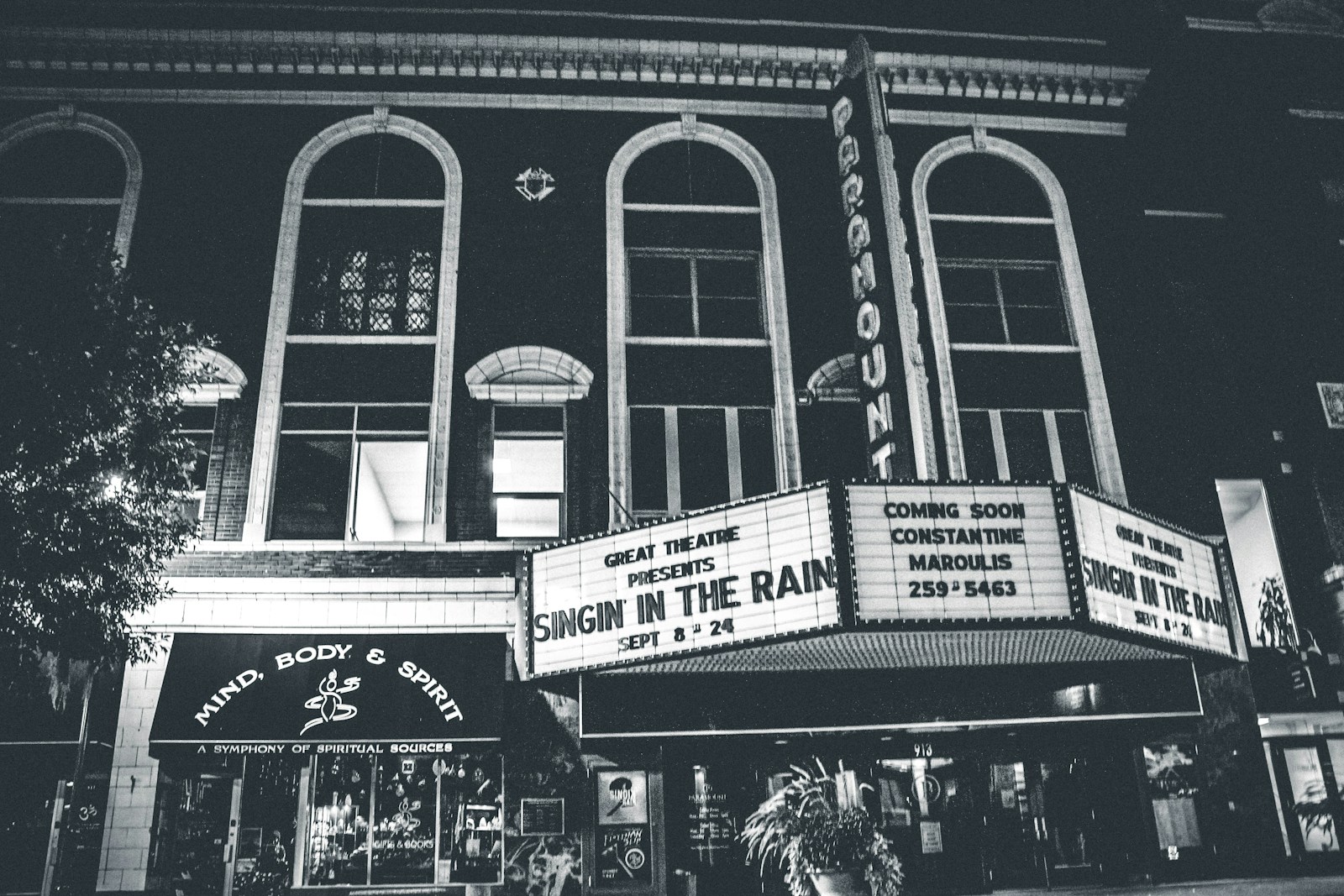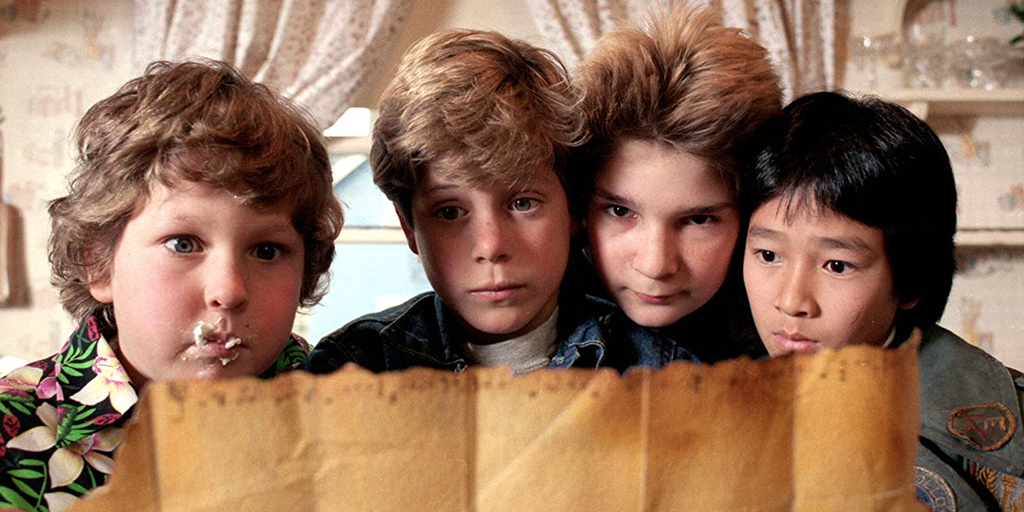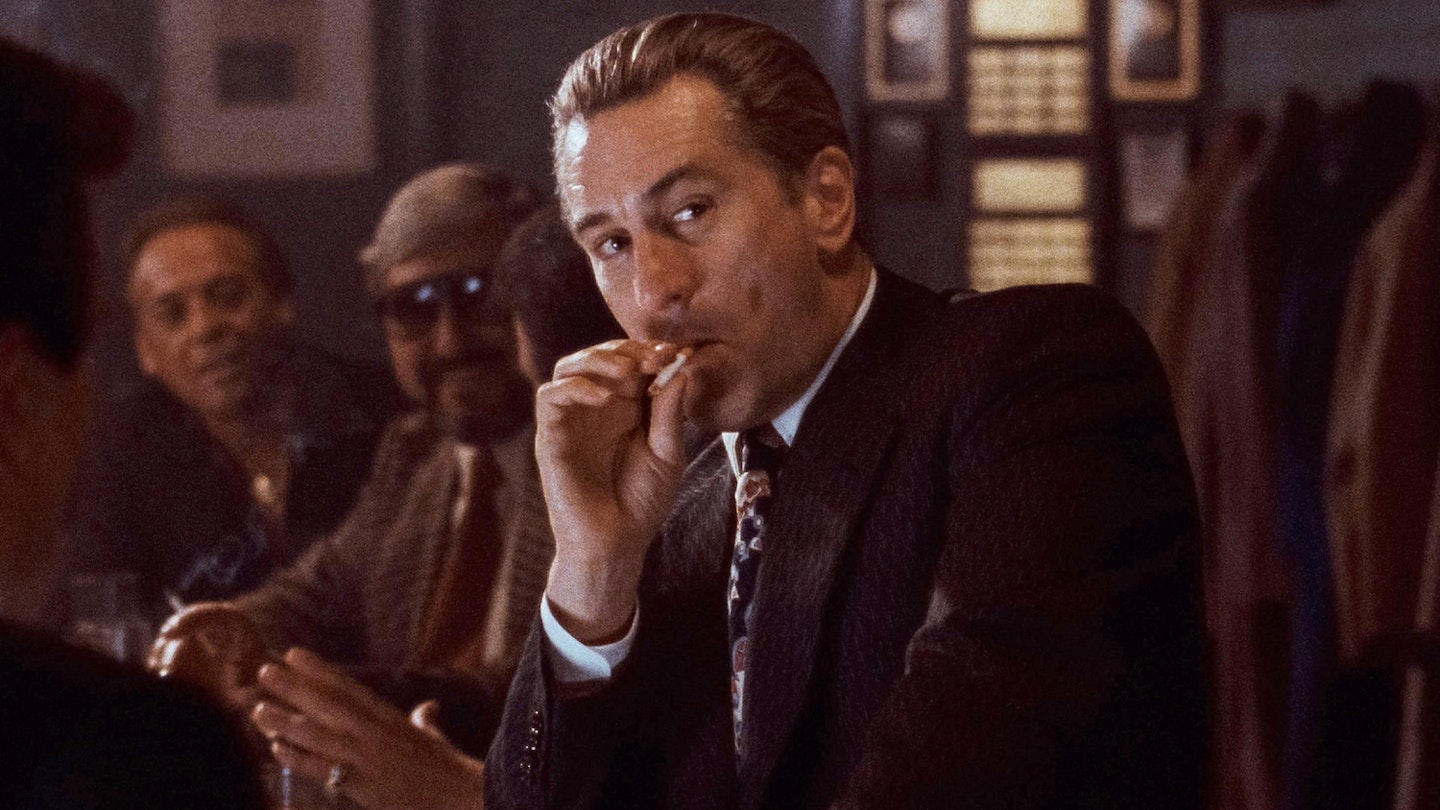
Few careers in the annals of cinema are as storied, as impactful, and as universally lauded as that of Robert De Niro. Often hailed not merely as the finest actor of his generation but arguably one of the greatest performers to ever grace the silver screen, the New Yorker has bestowed upon the world some of its most indelible cinematic masterpieces. From the searing intensity of *Taxi Driver* to the raw vulnerability of *Raging Bull*, his filmography is a tapestry woven with roles that demand profound dedication and singular talent.
Indeed, the early chapters of De Niro’s illustrious journey were defined by gritty, gnarly portrayals that bravely explored the dark depths and incandescent beauty of humanity in all its complex glory. These were the performances that etched his name into the bedrock of acting legend. Later, his career would evolve to encompass an iconic presence in the gangster genre, with seminal roles in *Casino*, *Goodfellas*, and *The Irishman*, solidifying a persona that, while revered, occasionally risked typecasting the versatile actor.
Yet, even for an artist of De Niro’s caliber, a career spanning decades is rarely without its twists, turns, and the occasional road not taken. It is in these moments of decision, often shielded from the public eye until years later, that the true narrative of an actor’s journey often emerges. We embark now on a detailed exploration of one such moment, a choice that, despite his countless triumphs, Robert De Niro would come to confess as one of his most significant career regrets, a choice that could have reshaped cinematic history as we know it.
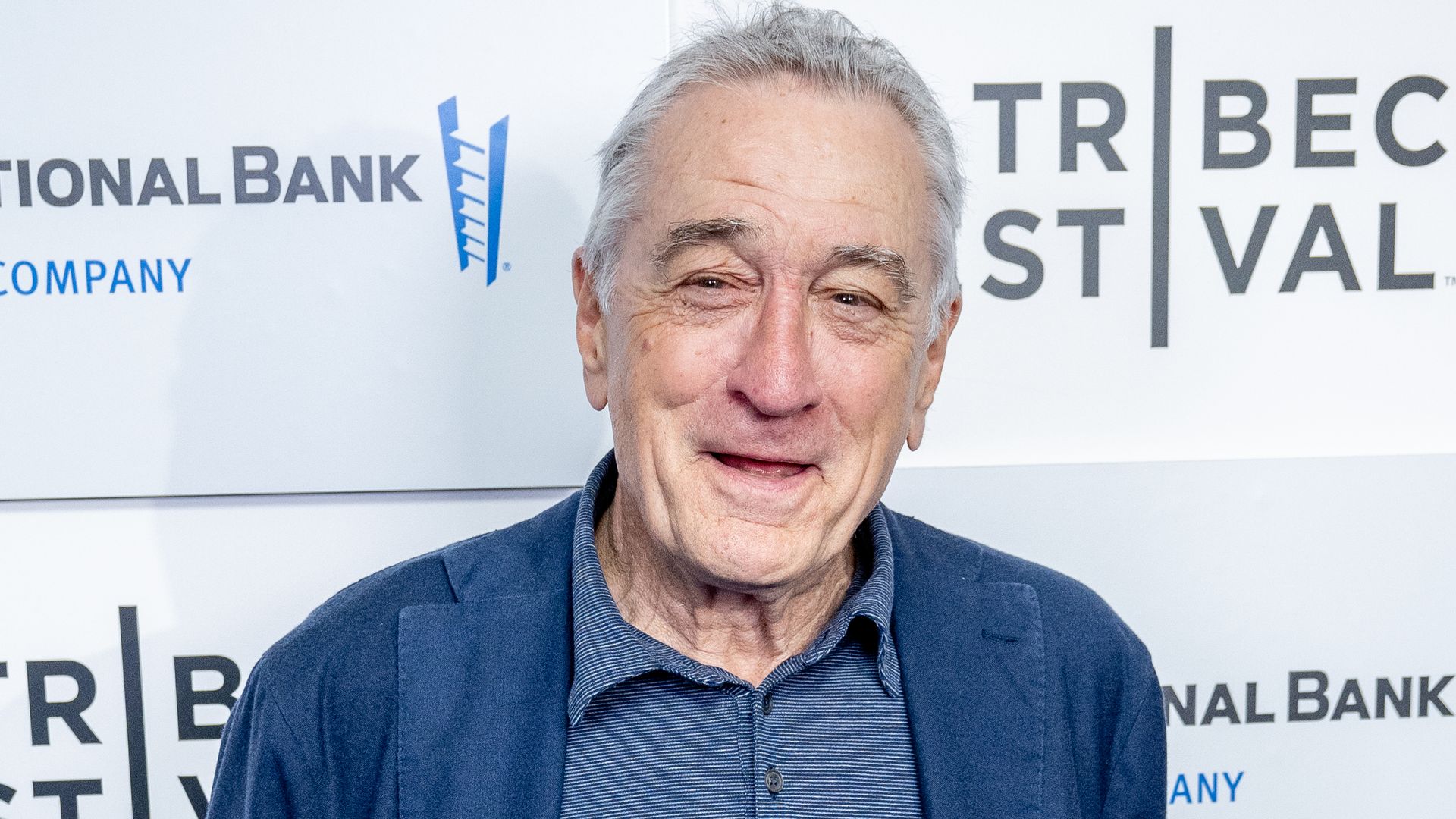
1. **The Unassailable Legacy of Robert De Niro**Robert De Niro stands as a titan within the entertainment industry, his name synonymous with unparalleled acting prowess and a dedication to his craft that has set a benchmark for generations of performers. His contributions to film have not only garnered him immense critical acclaim but have also enriched the cultural landscape with characters that resonate deeply and endure through time.
His early work, particularly his collaborations with Martin Scorsese, established a formidable reputation for intense, character-driven performances. Films like *Taxi Driver*, *The Deer Hunter*, and *Raging Bull* are not just movies; they are cinematic touchstones, profound explorations of the human condition that showcased De Niro’s extraordinary ability to inhabit complex, often troubled souls. These roles were instrumental in forging his status as a bastion of what makes an actor truly legendary.
Throughout his career, De Niro has amassed an impressive array of accolades that speak volumes about his impact. His trophy cabinet boasts two Academy Awards, a Golden Globe Award, and a Screen Actors Guild Life Achievement Award, among many others. His work in *The Godfather Part II*, *Taxi Driver*, and *The Irishman* are frequently cited as masterclasses, cementing his position as one of the most accomplished actors Hollywood has ever seen.
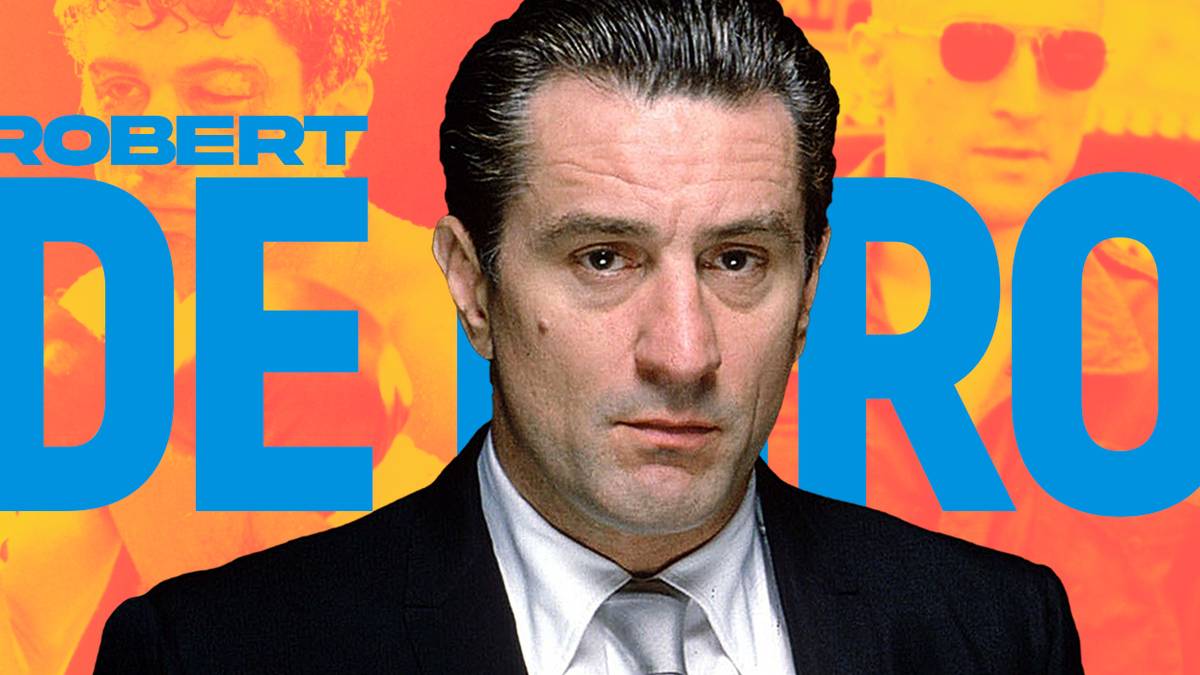
2. **Breaking the Mold: De Niro’s Foray into Lighter Fare**By the early 2000s, De Niro, keenly aware of the industry’s tendency to categorize, seemed intent on diversifying his portfolio beyond the intense, dramatic, and often gangster-centric roles that had become his signature. Nobody, after all, likes to be too tightly categorized, especially an actor renowned for his range. This period marked a deliberate shift, a conscious effort to demonstrate his versatility and appeal to broader audiences.
This desire to “break out of this box” saw De Niro embrace a series of more lighthearted roles, a stark contrast to the gritty characters he was best known for. Films such as *Analyze This* provided an early glimpse of his comedic timing and willingness to explore different genres, proving that his formidable presence could lend itself equally well to levity.
Perhaps the most notable and defining performance of this era, showcasing his comedic brilliance, was in *Meet The Parents*. This film allowed him to flex a different kind of acting muscle, displaying a comedic gravitas that endeared him to a new generation of cinemagoers and solidified his capacity to excel outside his established dramatic comfort zone.

3. **The Genesis of a Blockbuster: *Pirates of the Caribbean* Takes Shape**The early 2000s were a fascinating time for Hollywood, brimming with ambition and a willingness to explore unconventional source material. It was within this climate that the concept for *Pirates of the Caribbean* began to take shape, a project that would soon blossom into one of the biggest franchises in modern cinema, generating billions at the box office and becoming a cornerstone of Disney’s vast entertainment empire.
The initial premise, however, carried with it a degree of uncertainty that might give any seasoned actor pause. The film was, after all, based on a Disneyland theme park ride, a concept that had seen mixed results in previous cinematic adaptations. This foundational element contributed to an atmosphere of apprehension, particularly for those considering involvement in a production of such an experimental nature.
Despite these early hesitations, the production pressed forward, committing to a vision that embraced grand scale and authentic detail. A significant portion of the film’s locations and elaborate set-pieces were reportedly shot practically, on location in the picturesque Caribbean, adding an element of realism and adventure that would become integral to its allure. This commitment to an immersive experience, though ambitious, laid the groundwork for the extraordinary success that was soon to follow.

4. **The Audition Trail: Who Almost Sailed as Captain Jack?**As *Pirates of the Caribbean* moved from concept to production, the casting directors at Disney embarked on a meticulous search for the perfect actor to embody the pivotal role of Captain Jack Sparrow. This was not merely casting a character; it was casting the charismatic heart of what they hoped would be a groundbreaking adventure, and the list of contenders was formidable, featuring some of Hollywood’s most prominent names.
The initial roster of actors considered for the role included renowned talents such as Jim Carrey, known for his unique comedic energy, along with Cary Elwes and Christopher Walken, both celebrated for their distinctive on-screen presences. The search was wide-ranging, reflecting the complex blend of humor, roguish charm, and theatricality required for the part.
Remarkably, among this distinguished group, Robert De Niro emerged as the “number one option” for the movie. He reportedly “beat out Jim Carrey to be offered the role,” a testament to his undeniable appeal and the confidence the creators had in his ability to bring Captain Jack Sparrow to life. Things progressed so far that De Niro was allegedly sent a contract to sign, placing him on the cusp of an iconic role.

5. **The Fateful Decision: Why De Niro Said No to the Black Pearl**With a contract on the table and the role of Captain Jack Sparrow within his grasp, Robert De Niro faced a pivotal career decision. This was a moment fraught with apprehension, a reflection of the significant uncertainty that surrounded the *Pirates of the Caribbean* project in its nascent stages. For an actor of De Niro’s stature, every choice carried immense weight, and this one was no exception.
The context of the film’s origins—a theme park ride—was a significant factor in De Niro’s hesitation. While Disney had a track record of success, adapting an amusement park attraction into a major cinematic venture was an unproven path, making the financial prospects appear less than assured. This underlying doubt proved to be a critical influence on his ultimate decision.
Ultimately, for reasons that remain somewhat enigmatic, Robert De Niro backed out of the deal. His candid explanation for turning down the role was disarmingly simple: he “wasn’t sure the film would make money.” This perceived lack of financial viability, a miscalculation in hindsight, led him to pass on what would become one of the most commercially successful film franchises of all time.

6. **The Triumphant Voyage: *The Curse of the Black Pearl*’s Unforeseen Success**The film that Robert De Niro had hesitated over, unsure of its financial prospects, went on to achieve an extraordinary level of success, defying all initial doubts. *The Curse of the Black Pearl*, the inaugural installment of the *Pirates of the Caribbean* saga, proved to be an instant and monumental hit, catapulting the franchise into the cinematic stratosphere.
The picture’s box office performance was nothing short of spectacular, grossing over $650 million globally from its initial run alone. This astonishing figure not only silenced any early skepticism but also laid a robust foundation for a burgeoning cinematic universe, demonstrating a widespread public appetite for swashbuckling adventure infused with supernatural elements.
This incredible triumph meant that Johnny Depp, who ultimately stepped into the role of Captain Jack Sparrow, would go on to star in four subsequent sequels. The franchise’s cumulative earnings soared, accumulating well over $4.5 billion during its time at the box office. What De Niro had once viewed as a financially dubious venture swiftly became one of Disney’s greatest and most lucrative assets, a testament to its unforeseen cultural and commercial impact.


